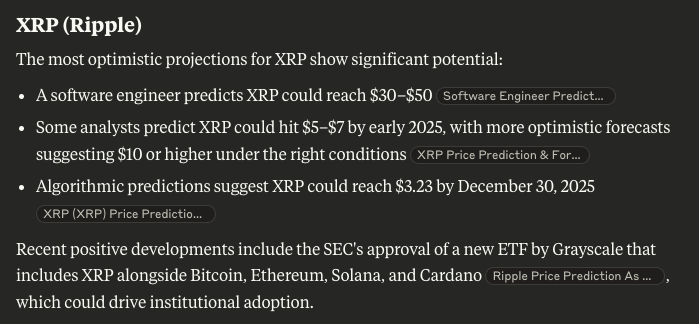German gross domestic product shrank in the first quarter, revised figures show, as weak consumer and industrial activity raised fears that Europe’s largest economy will suffer a sustained recession.
Destatis, the federal statistical agency, said the German economy contracted 0.3 per cent in the three months to March, after a downward revision from its initial estimate of zero growth. Some economists had expected the fall after German industrial production suffered its biggest drop for 12 months and retail sales fell sharply in March.
Economists said the second consecutive quarterly decline in GDP — output contracted by a downwardly revised 0.5 per cent in the final quarter of last year — met the technical definition for Europe’s industrial powerhouse to be in a recession.
Most analysts expect Germany to achieve weak growth this year — the country’s council of economic experts recently forecast 0.2 per cent growth in 2023 GDP. But many economists worry that Europe’s largest economy will remain stuck in the doldrums.
“Unfortunately, a fundamental improvement in the economy is not in sight,” said Jörg Krämer, chief economist at German lender Commerzbank. “All important indicators in the manufacturing sector are pointing downwards,” he added, predicting German GDP would decline 0.3 per cent this year and be flat next year.
The main cause of Germany’s disappointing performance in the first quarter was a drop in household consumption, which fell 1.2 per cent from the previous quarter, as high inflation and rising interest rates eroded consumers’ purchasing power.
“The reluctance of households to buy was apparent in a variety of areas: households spent less on food and beverages, clothing and footwear, and on furnishings in the first quarter of 2023 than in the previous quarter,” Destatis said in a statement.
Car sales in Germany fell, reflecting a reduction in grants and subsidies on purchases of plug-in hybrid and electric vehicles since the start of the year.
German government spending was also 4.9 per cent lower. But private sector investment rebounded in the first quarter from a weak second half of 2022, driven up 3.9 per cent by higher construction activity that reflected mild weather. Trade made a positive contribution as German imports fell 0.9 per cent and exports rose 0.4 per cent.
“We expect further economic weakness in both Germany and the eurozone as a whole in the coming quarters,” said Franziska Palmas, an economist at research group Capital Economics, predicting a slight second-quarter rebound would be followed by “further contractions”.
Germany is expected to be the weakest performer among the world’s big economies this year, according to the IMF, which forecast the country’s output would shrink 0.1 per cent.
“Germany must not become the sick man of Europe again,” said Reinhard Houben, economic spokesman for the parliamentary group of the liberal Free Democrats, which are part of the governing coalition. Government plans to cut bureaucracy and reform tax rules would make the country “more attractive again as a business location”, he added.
The downturn in the past six months means German GDP is still languishing below pre-pandemic levels, unlike the overall eurozone economy. Destatis said first-quarter output was down 0.5 per cent from the same period a year earlier.
Consumers in Germany have been hit by higher inflation and rising borrowing costs, which contributed to a 8.6 per cent drop in retail sales in March from the same month a year ago, after adjusting for inflation.
German companies are becoming more gloomy about the year ahead, according to the Ifo Institute’s index of business confidence, which fell in May for the first time in seven months.
Some economists think a decline in inflation and an acceleration in wage growth, combined with strength in the labour market, will help the economy to achieve tepid growth in the rest of this year.
Salomon Fiedler, an economist at German investment bank Berenberg, predicted German GDP would “stagnate” in the second quarter followed by “slow growth” for the rest of the year.
Europe’s biggest economy has been hamstrung by weakness in its sprawling manufacturing sector, which is suffering from a shrinking backlog of orders.
In the first quarter, manufacturing output rose 2 per cent from the previous quarter, but Destatis said there had been “a dampening effect in March”. Growth was weaker in the larger services sector, it said.
Credit: Source link










